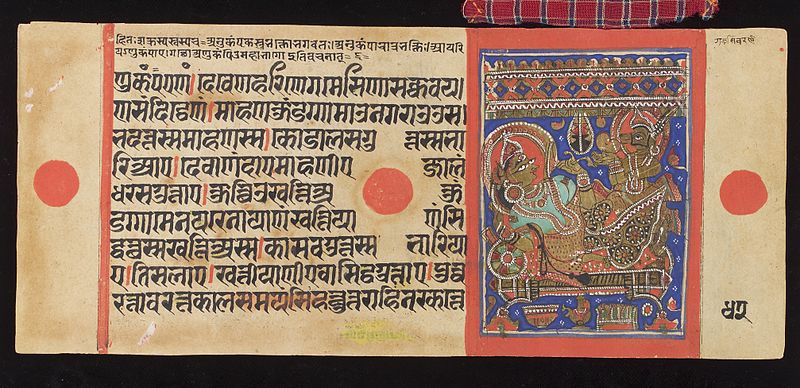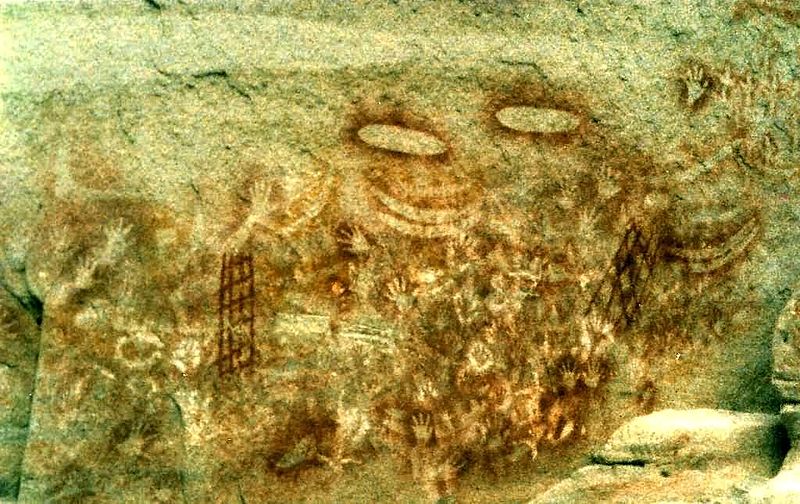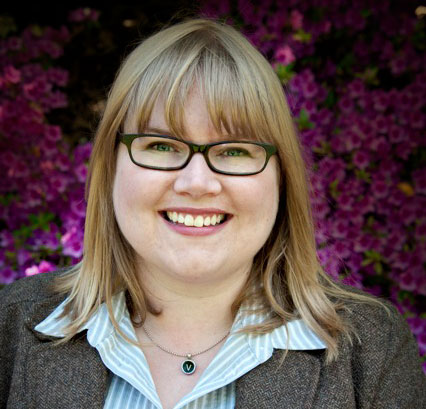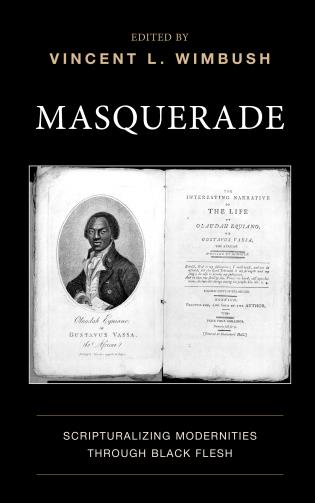
Toasts on the Occasion of the Launch of the New ISS
July 9, 2016
Richard Newton – Reflections on the ISS – Scriptures at Its Root
July 9, 2016Katie Van Heest – Reflections on the ISS – Ten Years In

Hello, and welcome to the inaugural feature of what will be our ongoing series, “Reflections on the ISS.” Over the next several months, we will be posting a series of essays and personal reflections on the work produced by the ISS during its first decade. While all of the posts have been written by scholars and intellectuals of a variety of critical orientations and professional positions, their concern for the ways in which the study of “religion” has been framed in the academy and the media unites them.
Each of them has found common cause in excavating the work that we make scriptures do for us.
Reflections on the ISS by Katie Van Heest
I had a difficult time focusing my remarks for this ten-year occasion because I have so much affection for ISS. We talk intellectually about scriptures and social formation; well, the Institute came along at a time of great intellectual and social formation for me. Without dwelling on the personal for therapeutic or exhibitionist ends, I thought I might sketch for you my experience as one whose graduate education roughly coincided with ISS’s first decade.
I came to be associated with the Institute ten years ago, in the fall of 2003, when I was a second-year graduate student volunteering to help put together the inaugural conference. It was such an ambitious gathering, and successfully so. I felt I was in the right place if so many illustrious thinkers were coming together to weigh in on ISS’s charge to the academy and count themselves part of the signifying-scriptures fold. And so ISS became my intellectual home.
In those early days, some of ISS’s student contingent was made up of folks who had crossed the country from New York to be part of what they already knew firsthand would be an electrifying movement, not just within scriptural studies but with scriptural studies and in a basically unlimited set of academic disciplines. But some of us either had only caught wind, perhaps indirectly, of what was getting started in Claremont or had just happened to be in this right place at the right time. Maybe we chose to study here because we’d heard intriguing rumblings, or maybe we were radicalized in a Wimbush “New Testament” course. Or maybe we were strongly and strategically nudged in the direction of ISS, as I was by my undergraduate advisor across the street at Scripps College—a certain Professor Kathleen Wicker, also in attendance at this celebration.
However we beat our path to ISS, or found ourselves there, we students hashed out this new transgressive orientation to our chosen course of study among ourselves, in CGU hallways and parking lots, at ISS Brown Bag discussions and after our shifts as research assistants at the ISS house. Some of us were reluctant to consider the futility of scriptural business as usual; others of us may have been too eager. Still, we were all invested, and I think what we were doing, ad hoc and unpoliced, was rehearsing the debates that ISS would set off in the wider academy. Essentially, we were willingly exploding the categories we signed up to study reverently—the very categories that are printed on our master’s and PhD degrees. And I have seen the most staunch traditionalists, shall we call them, come around to accept core elements of the signifying-scriptures vantage point. So I don’t think there’s any stopping this transgressive flood. There was only ever a staid old dam holding it back anyway.
After being a research assistant for some time, I became an assistant to the director, a position I held for a few years before relocating to Portland, Oregon, to finish my dissertation. Now I work as an academic editor developing and polishing research that comes from a range of humanities and qualitative social-scientific fields. ISS really did socially form me to be unsatisfied in any one disciplinary camp.
I fear I am also an impatient reader of scholarship, which threatens to be a severe liability when one makes one’s living reading scholarship. Like everyone at this celebration, I imagine, I am fundamentally attracted to knowledge; for me, knowledge has the luster of a universal good. But thanks to ISS I cannot not be critical of the assumption that research is worthy just because it follows a procedure that has long been accepted, or because it takes on a predefined topic generally understood to be worthy. When analyzing a manuscript on any subject, I want to know: Where’s the rub? What’s at stake here? I ask the authors with whom I work, “What falls down if we neglect to consider your argument, and what existing structures depend on our not considering it?” Even some otherwise engrossing, well-written research projects written by tenure-track professors fail to contend with those basic questions.
I have come to this impatience in no small part because Vincent Wimbush informed me all those years ago that a scripture is not a thing. It’s not an object but a happening, or a process, or a routine, or a behavior, or a dance, or a serendipity, or a sleight of hand, or even a laundering. That changes the conversation. It even takes the old conversations about text’s content-meaning and renders them immaterial babble.
The people of ISS recognize that the work being done on texts is part of the story. That move widens the sphere of inquiry. Now the swab of culture under the microscope isn’t just the text, it’s the engagement of that text. These days, from my para-academic perch, I’m observing with interest the changes that higher education is undergoing. I trust faculty, students, and invested administrators to right the ship, but if indeed what’s going on is some kind of crisis, I wonder if it’s one not of identity but of functionality. What does higher education—what does the academy—do for society? Of course the answer is “plenty,” but will we get to the specific answers—the compelling, narrative answers that captivate and convince—will we get to them if we can’t turn the microscope back on ourselves as scholars, or as students, or as administrators, or as a society?
The kind of self-reflexive work that ISS models, it seems to me, isn’t just “innovative” or “trailblazing” or some other buzzwordy adjective. From my location as an ISS supporter, a former graduate student, a scholar, an editor, and a citizen, it’s clear that the critical-comparative model is a lifesaver—if we reach out for it. And so I’m delighted and moved to have a chance to celebrate the Institute for Signifying Scriptures’s decade of torch bearing and to join in the chorus urging it to endure. Thank you, ISS, and congratulations.
Katie Van Heest, PhD, is the academic editor behind Tweed Editing. In her practice, Katie has worked with hundreds of clients—professors, publishers, and advanced students—to polish and develop scholarship so that it makes its mark on the academy and beyond. A Claremont alumna, Katie has been involved with ISS since 2004.




